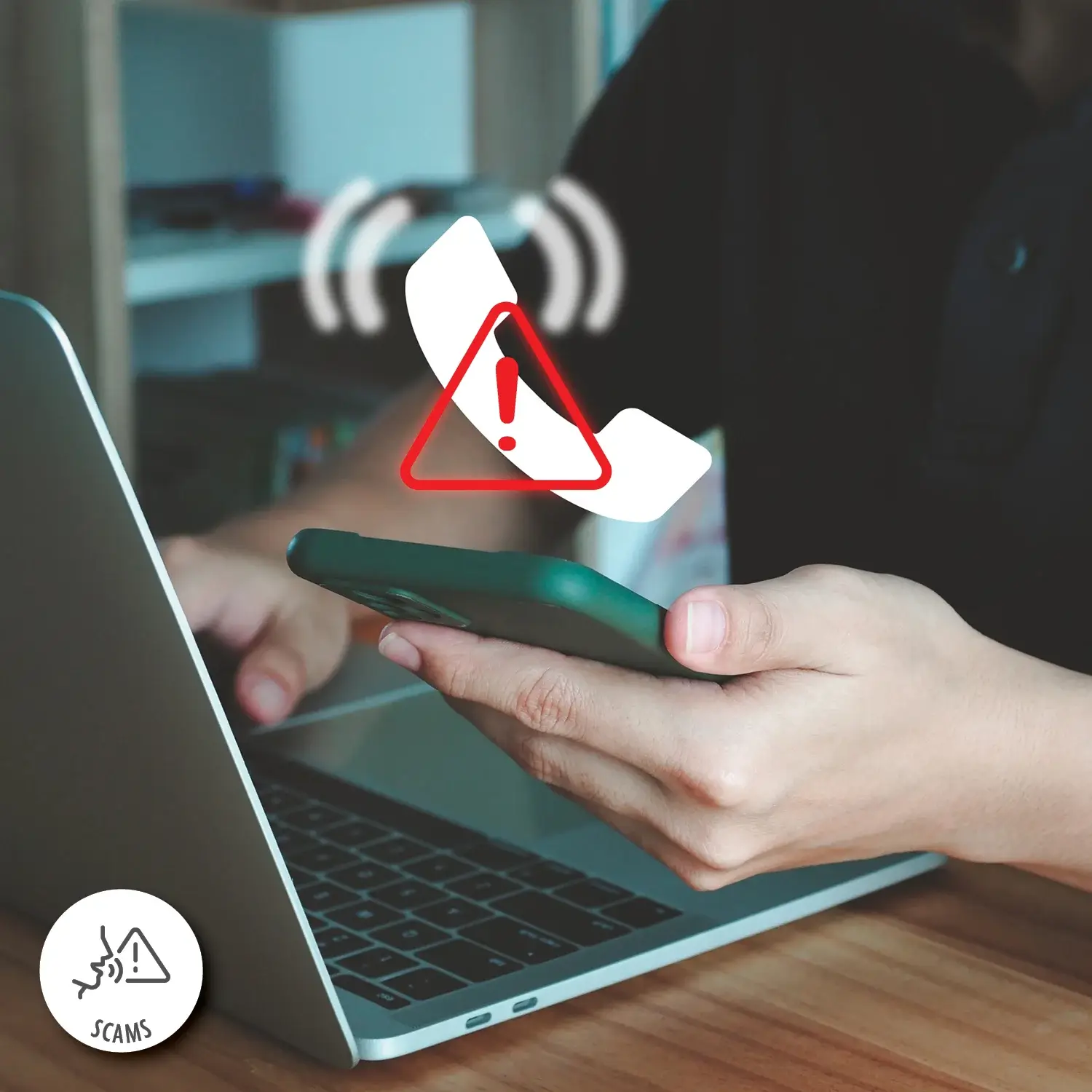
5 Scams To Watch For After the Holidays
Monday, Dec 28 2020
The mad holiday rush may be over, but scammers aren’t slowing down. The post-holiday weeks bring an increase in scams that, unfortunately, are quite believable during this time of year. Don’t be the victim of a post-holiday scam! Read on to learn about five common ways fraudsters seek to dupe consumers after the holidays:
1.) Gift-picking
With the holidays behind us, many people are enjoying new, and often expensive, gifts. These can be top-of-the-line electronic devices, luxury entertainment systems or phones with four-digit price tags. If you’re the lucky recipient of such an expensive gift, you may be targeted by old-fashioned thieves who are looking for a good picking.
Protect yourself by keeping your gift under wraps. Dismantle all packaging that contained your gift. Discard them in a covered trash or recycling bin instead of leaving them at the curb where potential thieves can spot them and peg you as an easy target. For extra precaution, consider hauling your boxes off to a communal dumpster or the local recycling station.
2.) Charity scams
The last two days of December see more charity donations nationwide than the rest of the year. While this may speak well of our goodwill, it also offers scammers another opportunity to help themselves to other people’s money.
Be wary when giving charity this time of year. Don’t donate to any organization without first checking it out on a charity vetting website, like CharityNavigator.com. If you have a favorite cause you like to give to, contact them yourself instead of clicking on an ad or calling a number that appears to represent them.
3.) Underpriced gifts for sale
You may think you just found a real steal of a deal on Craigslist from a seller who is eager to get rid of a gift because “My wife didn’t like it.” But, be suspicious of any prices that seem too good to be true; they are likely to be scams.
If an item for sale appears authentic, proceed, but with caution. Don’t rely on email communication. Instead, get the seller’s phone number and street address. If possible, ask for references and pictures of the item. If everything appears to check out, arrange to meet the seller in a well-lit, populated area, preferably one with ample security-camera coverage. Finally, never wire money online to any seller—let the cash and item change hands at the same time.
4.) Belated holiday e-cards
Don’t assume every e-card that lands in your inbox with a heading like “Oops! I’m late!” is legitimate. Too often, e-cards are ridden with malware and will infect your device as soon as you click on an embedded link. The e-cards may even bear the name of your friend, but don’t be fooled; scammers can easily pick these names off the internet. Authentic e-cards will include a confirmation code for you to copy and paste at the issuing website, so only open e-cards that are accompanied by a code.
5.) Post-holiday ‘sales’
The holiday shopping frenzy is over and retailers are eager to drum up more business. This makes the post-holiday sale scam seem especially believable. Your social media platforms may be exploding with ads that are offering exclusive deals and deeply discounted prices at your favorite stores. While some of these ads may be legit, lots of them are scams.
Here’s how to spot the fake ads and differentiate them from the real ones:
The URL is off by one letter. Carefully check each landing page as you make a purchase.
The site is not secure. Always look for the “s” after the “http.”
The words “deals” or “discounts” are part of the URL. Authentic retailers sell from their home site and will rarely create a new website just to sell sale items.
The store’s logo is missing from the website. Look for a genuine store logo on every landing page.
Post-holiday scams are everywhere, but by knowing how to spot a scam, you’re already one step ahead of the criminals. Stay alert and stay safe!




